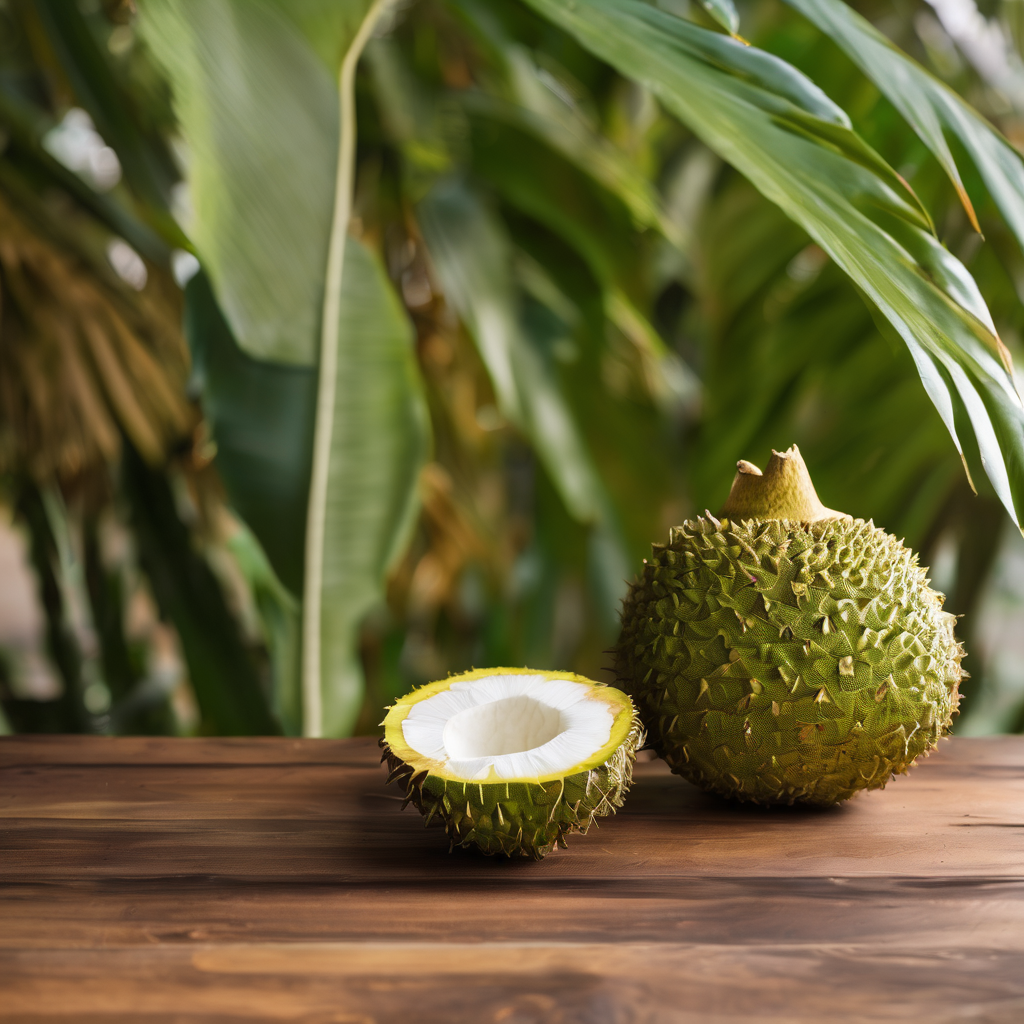The Pacific Islands are rich in edible biodiversity, yet they confront significant nutrition and food security challenges due to a heavy reliance on imported, processed foods. With climate change and shifting lifestyles threatening traditional food systems, reconnecting with native and underutilized food sources has become increasingly essential.
To tackle this pressing issue, the Periodic Table of Food Initiative (PTFI) at The University of the South Pacific (USP) has stepped in. The initiative focuses on documenting, analyzing, and promoting the nutritional benefits of local food varieties, playing a critical role in encouraging healthier diets and more sustainable food practices across the region.
The PTFI is managed by the Centre for Sustainable Futures’ Institute of Applied Sciences and is supported by funding from prominent organizations, including the Rockefeller Foundation, the Foundation for Food and Agriculture Research, the Seerave Foundation, and the Bill and Melinda Gates Foundation. Its main goal is to create a global database that catalogs the biomolecular composition of various foods, which is crucial for addressing the increase in diet-related diseases responsible for one in five global deaths.
USP’s designation as one of nine global Centres of Excellence underlines its international recognition, which includes collaborations with educational institutions in the USA, Ghana, Colombia, Thailand, the Netherlands, Mexico, Ethiopia, and Australia. The project utilizes standardized scientific methods to assess native foods, focusing on root crops, fruits, and edible plants from countries such as the Solomon Islands, Vanuatu, Fiji, and Papua New Guinea. A significant component of the project is the study of the Edible Flora of Fiji, aiming to map and understand underutilized plant species.
Dr. Vincent Lal, the principal investigator of the PTFI project, highlights that the initiative goes beyond laboratory analysis. He states, “It’s about transforming how we understand, value, and utilize traditional foods to cultivate stronger, healthier communities.” The goal is to empower food sovereignty by validating the importance of local foods and influencing national nutrition policies and school feeding programs.
By decreasing dependence on processed, nutrient-poor imports and preserving indigenous knowledge and biodiversity, the PTFI project seeks to enhance cultural and nutritional resilience. It also aims to bolster research capabilities and create job opportunities for Pacific youth. This initiative not only aims to protect the rich culinary heritage of the region but also paves the way for a healthier, data-informed future where edible biodiversity ensures food security and community well-being.
The PTFI project represents a hopeful vision for the Pacific Islands, integrating local knowledge with international support to encourage sustainable practices while highlighting the nutritional value of indigenous foods. This collaborative effort not only aims to improve public health outcomes but also strengthens the regional economy through agricultural sustainability and community involvement.
